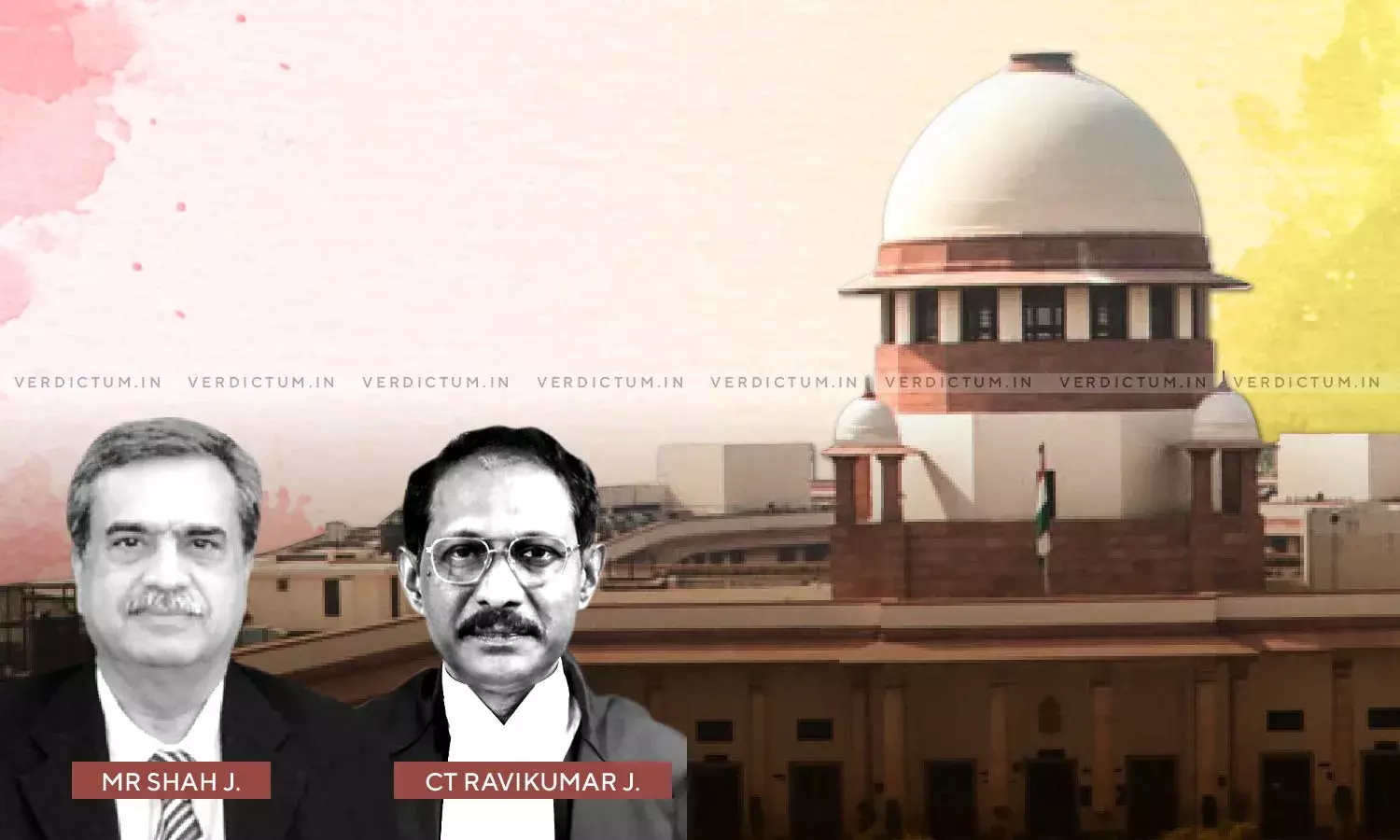Penalty U/s. 271C Of Income Tax Act Cannot Be Levied For Delay In Remittance Of TDS Already Deducted By Assessee- SC

The Supreme Court has held that no penalty is leviable under section 271C of the Income Tax Act, 1961 (Act) on mere delay in remittance of the Tax Deducted at Source (TDS) after the same has been deducted by the assessee.
The Bench of Justice MR Shah and Justice CT Ravikumar observed that the relevant words used in Section 271C(1)(a) were ‘fails to deduct’, and the same did not speak about belated remittance of the TDS. The words ‘fails to deduct’ could not be read as ‘failure to deposit/pay the tax deducted’.
The Bench further added that the consequences of non-payment and/or belated remittance/payment of the TDS, were specifically provided by the Parliament under Section 201(1A) and Section 276B of the Act.
Senior Advocates Arijit Prasad and C.N. Sreekumar appeared for the appellant- assessee and ASG Balbir Singh appeared for the respondent- Revenue.
In this case, the appeal was preferred against the order of the Kerala High Court whereby the High Court had upheld the levy of penalty under Section 271C for belated remittance of TDS by the assessee.
The appellant- assessee, engaged in a software development business, had deducted TDS in respect of salaries, contract payments, etc., of its employees for the relevant assessment year. The assessee remitted a part of the TDS after a period of delay.
A Survey was conducted by the revenue department at assessee’s premises, and it was found that the TDS was not deposited within the prescribed dates under the Income Tax Rules, 1962. Consequently, order under Section 271(1A) was passed by the Income Tax Officer whereby penal interest for the period of delay in remittance of TDS was levied.
Further, the Additional Commissioner of Income Tax (ACIT) vide order under Section 271C levied a penalty equivalent to the amount of TDS deducted for the relevant assessment year. In Appeal, this order of ACIT came to be confirmed by the High Court by the impugned judgment and order.
The counsel for the assessee contended that it was not a case of non-deduction of TDS but was only of late remittance. Therefore, it was only liable to pay the penal interest under section 201(1A) and no penalty could be levied under section 271C on late remittance of the TDS.
As per Section 271C(1)(a), if any person failed to deduct the whole or any part of the tax as required by or under the provisions of Chapter XVIIB then, such a person should be liable to pay by way of penalty a sum equal to the amount of tax which such person failed to deduct.
The Apex Court, on perusing the record, said that it was a case of belated remittance of TDS deducted by the assessee and not a case of non-deduction of TDS. “The words used in Section 271C(1)(a) are very clear and the relevant words used are “fails to deduct.” It does not speak about belated remittance of the TDS.”
The Court further said that “As per the cardinal principle of interpretation of statute and more particularly, the penal provision, the penal provisions are required to be read as they are. Nothing is to be added or nothing is to be taken out of the penal provision.”
“Therefore, on plain reading of Section 271C of the Act, 1961, there shall not be penalty leviable on belated remittance of the TDS after the same is deducted by the assessee.” held the Court.
Accordingly, the Apex Court allowed the appeal, and the order of Kerala High Court was set aside.
Cause Title- M/s US Technologies International Pvt. Ltd. v. The Commissioner of Income Tax

